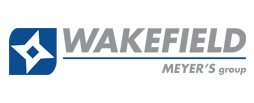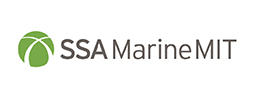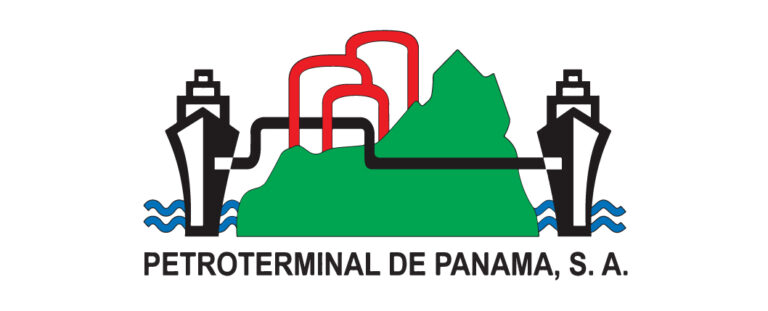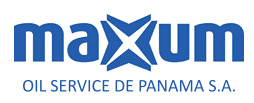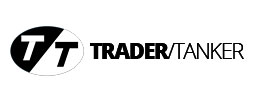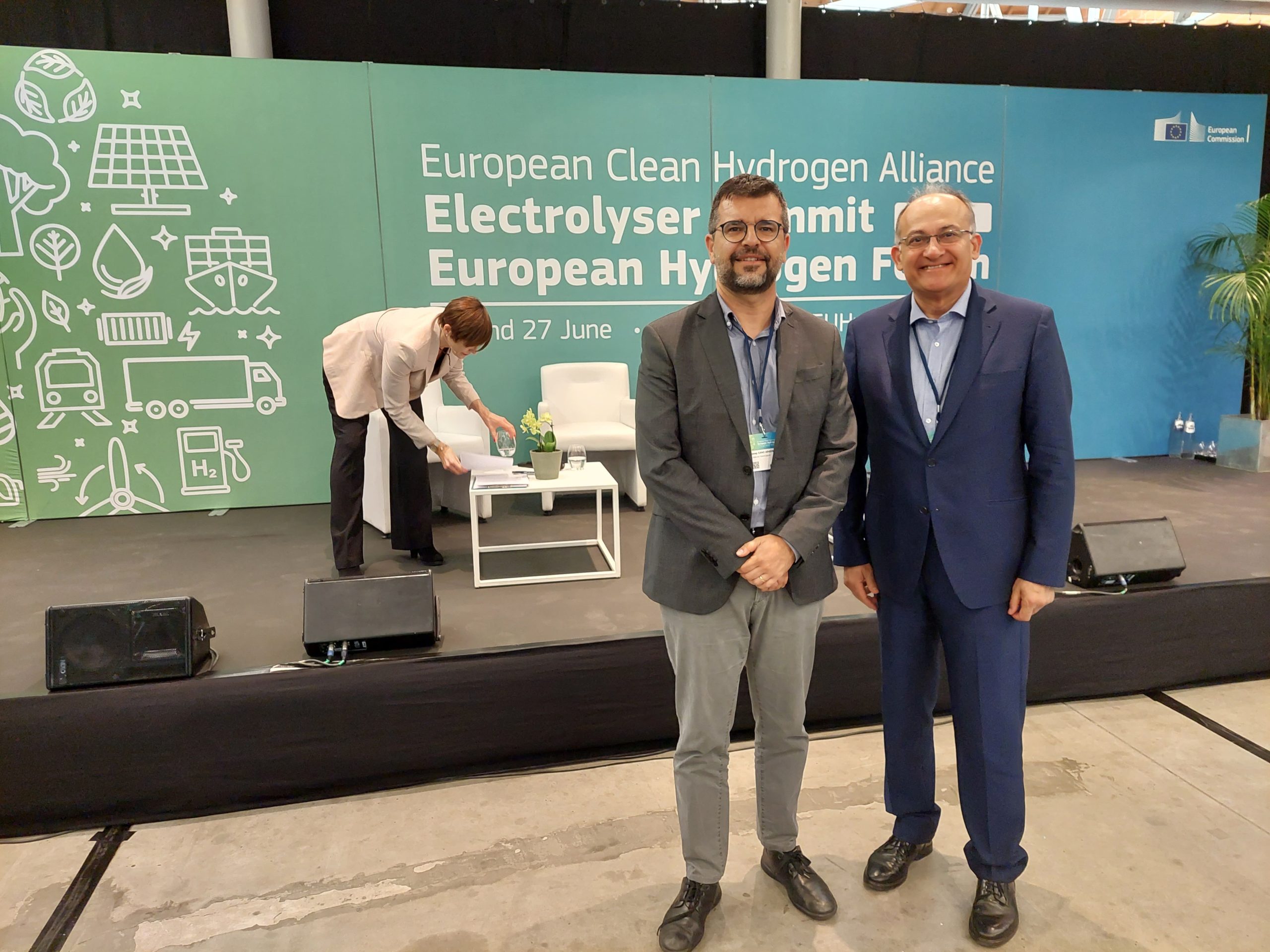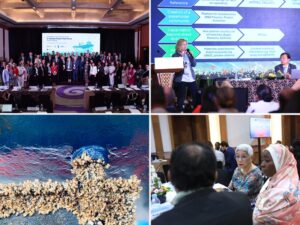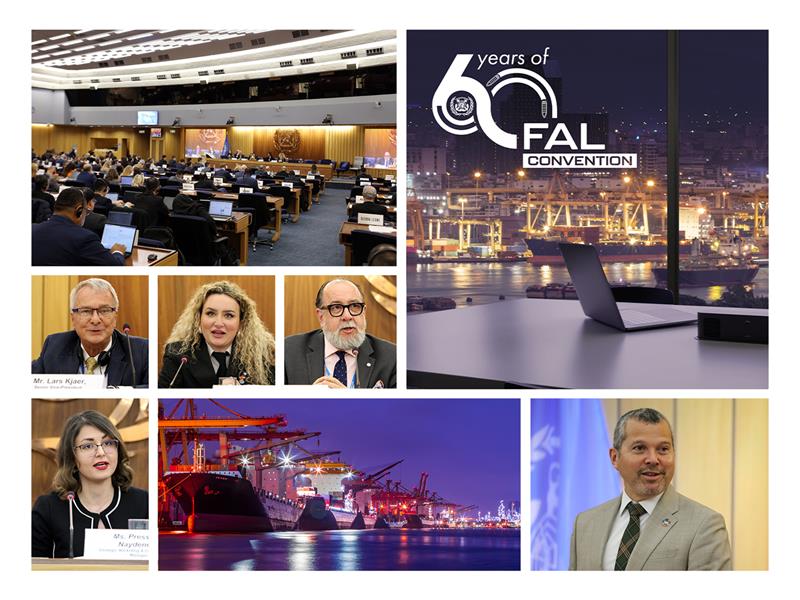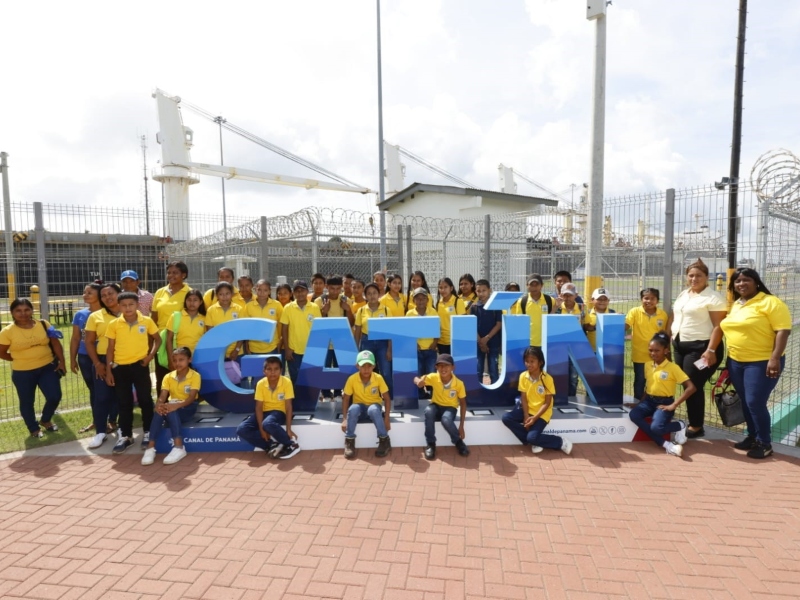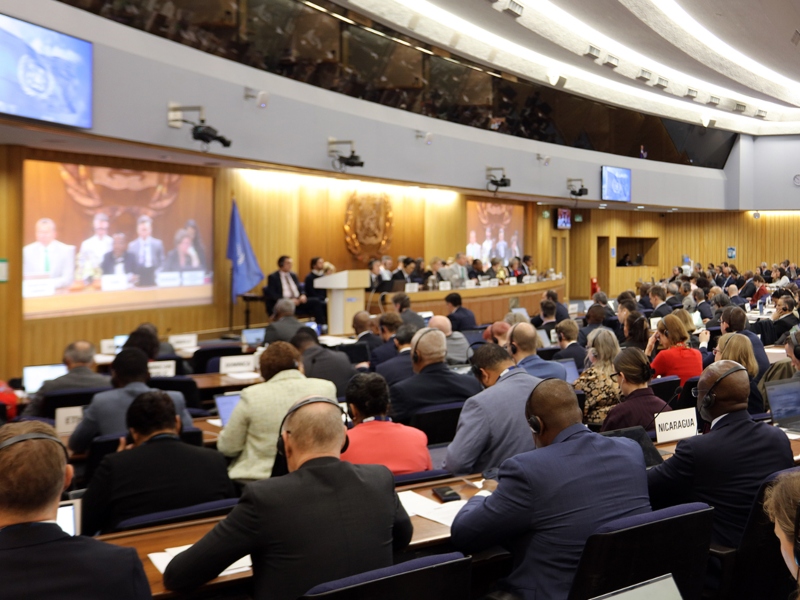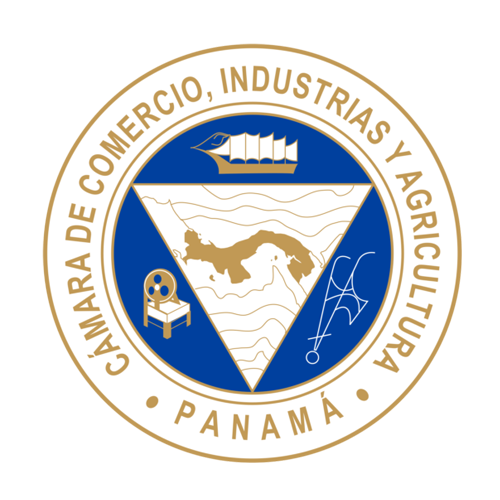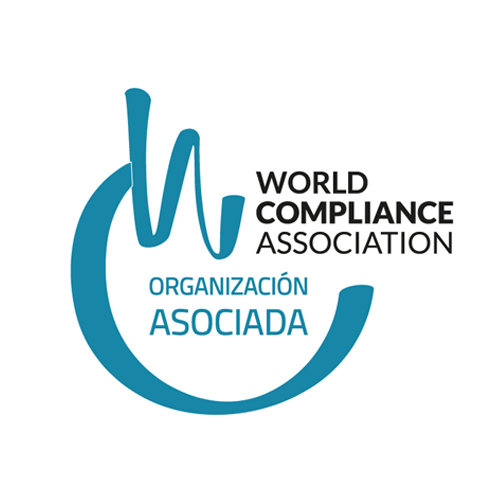- The Port Authority of València (PAV) has detailed to the members of the Clean Hydrogen Alliance the success of the H2Ports initiative with three hydrogen projects underway which open the way for the rest of the ports of Europe to replicate these initiatives
- Josep Sanz, Director of Energy Transition and Sustainability of the Valenciaport Foundation, has described the first results of the testing of the use of hydrogen in a tractor unit and the applications of the mobile supply station. In a few days it will also be tested in a reach stacker
- In addition, the development plan for two hydrogen valleys – one in Valencia for mobility applications and the other in Sagunto for industrial consumption – has been shared with the rest of the members, which are an example of how the promotion of synergies can make projects with this green fuel affordable
- The aim of this meeting, which brought together the members of the Clean Hydrogen Alliance in Brussels, is to identify a portfolio of viable projects to be prioritised for the future implementation of hydrogen
Source: Valenciaport
Valenciaport paves the way for the deployment of hydrogen in Europe. The plan of the Port Authority of Valencia (PAV) to convert its docks into a ‘zero emissions’ zone by 2030, places the Valencian ports as pioneering enclaves in the application of this fuel technology. As a pioneering port institution in environmental matters, Valenciaport took part today in the meeting of the CEOs of the Clean Hydrogen Alliance in Brussels where it presented the hydrogen projects underway and which mark the way for the rest of the ports of Europe to be able to replicate these initiatives.
Joan Calabuig, President of the Port Authority of Valencia, attended this meeting accompanied by Josep Sanz, Director of Energy Transition and Sustainability of the Valenciaport Foundation. The aim of this event – which brought together in Brussels the most innovative port institutions in the use of this fuel – is to identify a portfolio of viable projects to be given priority in the future implementation of hydrogen. In this sense, the use of green hydrogen, which the European Union has indicated as a preferential energy in the development of strategic projects to accelerate the decarbonisation of industry, is one of the pillars on which Valenciaport bases its environmental strategy.
Success of the H2Ports project
At the meeting, Valenciaport explained the success of two of the three projects that make up the H2Ports initiative and detailed how the third (a hydrogen-powered reach stacker vehicle that will begin to be used this July) is expected to operate. In the first case, Valenciaport is the first port in the world to test the use of hydrogen in real operations in a tractor unit equipped with a set of fuel cells used in the loading/unloading operations of a ro-ro terminal. In the second case, a mobile hydrogen station has been put into operation.
“In the development of this project, two aspects of hydrogen technologies have become clear: that their potential to contribute to a zero emission port is enormous, but also the challenges, in which the need for innovation, public financial support and collaboration between different types of actors are prerequisites for the successful deployment of this type of solution”, explained Sanz.
At this meeting, the plan to develop two hydrogen valleys – one in Valencia for mobility applications and the other in Sagunto for industrial consumption – was also discussed. “They are an example of how the promotion of synergies can make projects with this green fuel affordable”, concluded Sanz.
For decades, all the ports managed by the Port Authority of València have been working to reduce their environmental impact. This has led naturally to the strategic and ambitious decision to become zero net emissions by 2030. The action plan to achieve this ambitious goal has been drawn up jointly by the Port Authority of València, the Valenciaport Foundation and the companies that make up the maritime-logistics-port cluster of Valencia in collaboration with numerous manufacturers and knowledge centres and includes major investments in projects to be developed over the next decade.
Meeting of the CEOs of the Clean Hydrogen Alliance
The meeting was held at the Maison du Bois in Brussels and was attended by the CEOs of the Clean Hydrogen Alliance. The meeting included five panels covering topics such as the regulatory framework, the skills needed for the European hydrogen economy, investments in clean hydrogen, the hydrogen bank and the role of hydrogen infrastructure in connecting supply and demand.
The objective of the Alliance is to encourage investments and stimulate the production and use of clean hydrogen. This work is part of the EU’s efforts to ensure industrial leadership and accelerate the decarbonisation of industry in line with climate change objectives. In this respect, the Directors General meetings provide an opportunity to steer coordination between the various work streams of the Clean Hydrogen Partnership and ensure overall progress.
The operational work of the Alliance is organised in thematic roundtables for the industrial pillars of the hydrogen ecosystem: clean hydrogen production; clean hydrogen transmission and distribution; clean hydrogen in industrial applications; clean hydrogen for mobility; clean hydrogen in the power sector; and clean hydrogen for residential applications.
The Port of Valencia is represented through the Valenciaport Foundation as one of the members of the transmission & distribution round table. In this round table the type of projects discussed include transmission and distribution pipelines, maritime transport, marine terminals and storage and truck loading. The ultimate goal of the roundtable is to identify a portfolio of viable projects to prioritise for future implementation.
![]()






